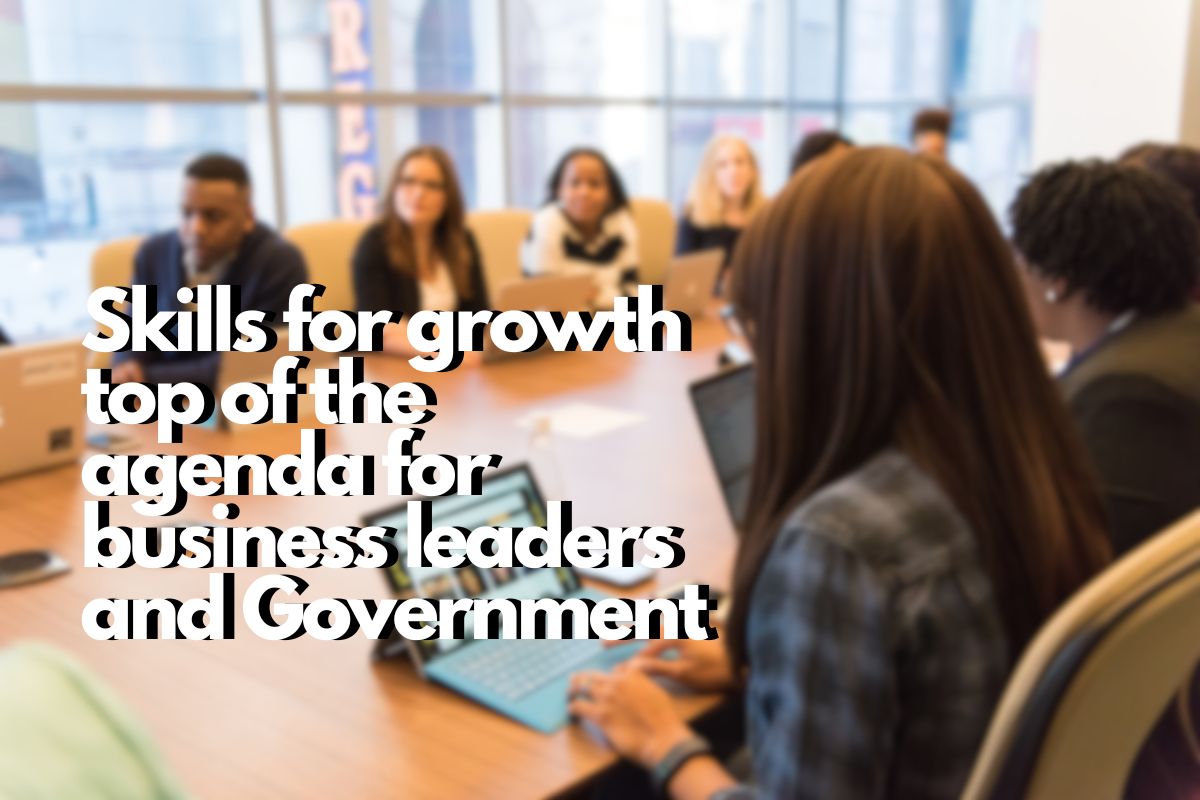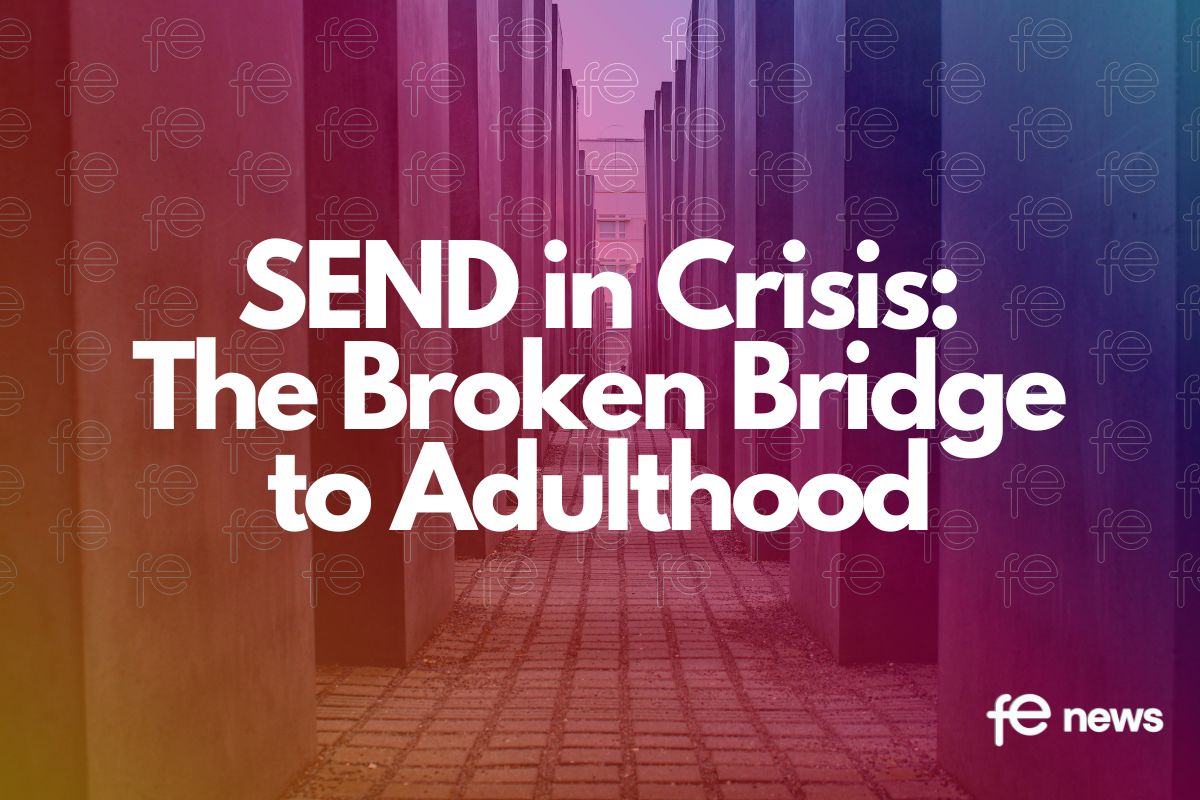One-off tutoring programmes available to all will do nothing to close gaps between the least and most disadvantaged

The government’s pandemic “catch up” programme is a kick in the teeth for school and college students across the country given the scale of the enormous challenges they face navigating learning in a post-pandemic world.
Less than a tenth of the funding which the Department for Education had reportedly been seeking from the Treasury has been granted. This equates to £50 per head – far less than the recovery packages announced by the Netherlands and the US, for example (worth around £2,500 and £1,600 per head respectively). The government has chosen not to adequately fund a comprehensive package of support for our children, which speaks volumes about the value it places on the young people it is supposed to be serving.
The impact of the pandemic has not been felt equally
The impact of the pandemic has not been felt equally: families of vulnerable young people from less-advantaged backgrounds are not able to match the additional support available to their better-off peers. Villiers Park backed the government’s commitments to “level up”, which were full of bold ambition to address social disadvantage and ensure that every child could fulfil their potential and have a positive impact in their own lives and on their communities. The reality of the dumbed-down catch-up initiative will do little to close the alarming attainment gaps which characterise our education system.
The young people at Villiers Park have been proud to play their part in protecting us all from Covid. They have been following the rules, sacrificing the opportunity to sit exams, continuing to study at home without the appropriate technology or quiet learning spaces, supporting their parents with childcare – all of these things have taken a significant toll on their mental health. In return they have had to deal with exam grade algorithms that further disadvantage the disadvantaged and government-funded food packages that leave them hungry. In the last 15 months young people have not “fallen behind”; they have survived a pandemic.
The challenge we as a society face is not simply “catching up” to where we were in spring 2020
The challenge we as a society face is not simply “catching up” to where we were in spring 2020. The world has changed: the process of recovery must support all young people to thrive in the post-pandemic world. This generation has demonstrated its commitment to society. As young people enter the workforce they are committing to tackling health, climate and social inequalities on a scale never seen before. As a nation, we already owe them a debit and cannot afford not to invest in them. We need every mind working to solve the trickiest global problems. Sadly, it seems that the government fails to understand this.
Structural overhaul is needed to address social and economic inequalities entrenched across the UK
Quick fixes such as a short-term extension of the school day and one-off tutoring programmes available to all will do nothing to close gaps between the least and most disadvantaged. Structural overhaul is needed to address social and economic inequalities entrenched across the UK – in other words, to level up. Unless we do more to help, the impact of Covid on educational outcomes will follow this generation into adulthood. The next three-year spending review offers the government a final opportunity to make good on its rhetoric about “levelling up” the country. This is an opportunity it cannot afford to miss.
Rae Tooth is chief executive at Villiers Park Educational Trust











Responses